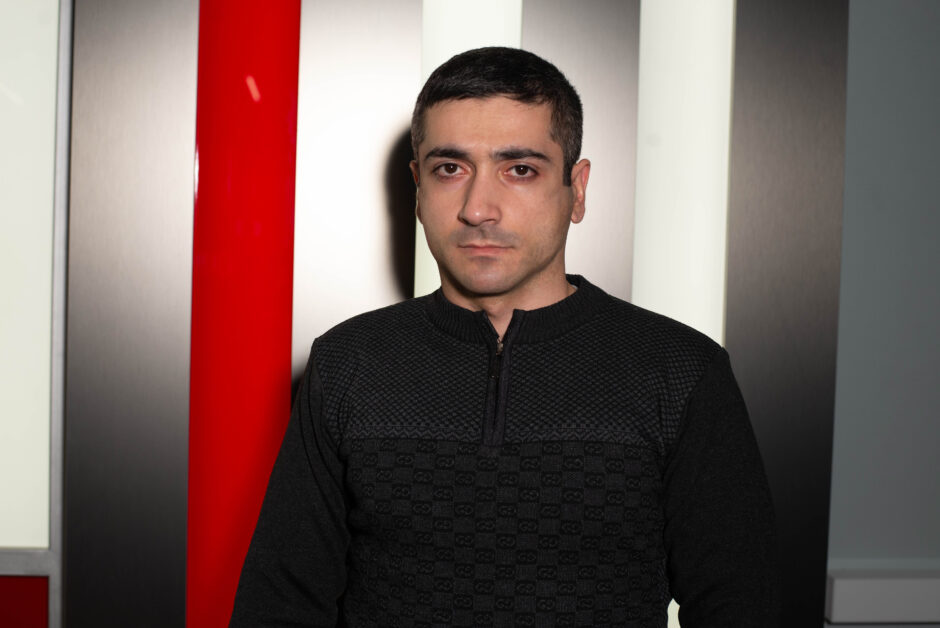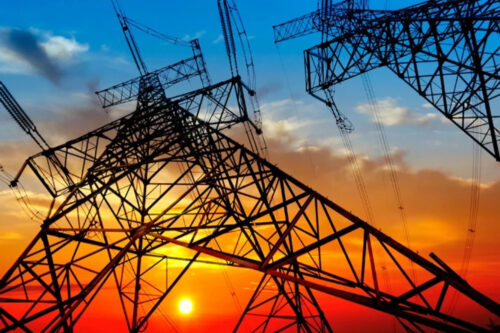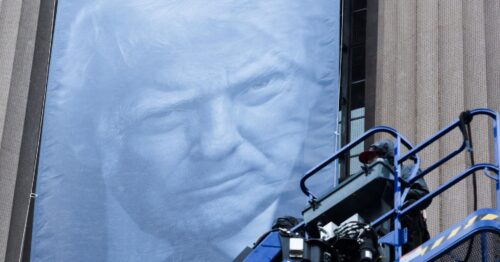
Raisi’s death and possible developments in Iran
Snap presidential election in Iran will be held on June 28. The process of nominating presidential candidates has already begun, which will end on June 11. Afterward, the complete list of approved candidates will be published.
To remind, on May 19, while returning from a visit to Azerbaijan, the helicopter carrying the Iranian president crashed. As a result, President Ebrahim Raisi, Foreign Minister Hossein Amir-Abdollahian and a number of other high-ranking officials were killed. Vice President Mohammad Mokhber has taken over as the country’s acting president. According to some sources, Mokhber is just a bureaucratic official and will not run for office.
A number of specialists and analysts say that the deaths of the president of Iran and the other high-ranking officials may drag the country into big political upheavals. As proof of their point of view, experts point to the fact that Iran has undergone certain political upheavals in the recent period. They also believe that Tehran is involved in proxy wars in the Middle East with Israel, the U.S. and the global West, which will further complicate the situation in the country. One could fully agree with such statements, if, of course, they were said about another state. However, in the case of Iran, everything is different, and the above-mentioned circumstances can have only a partial impact. The whole reason lies in the state administration system of Iran. It is not merely a republic or a dictatorship that depends purely on individuals. The state administration system of this country is a combination of a religious hierarchy and a democratic republic, which is combined from within with state and non-state agencies—which are very often invisible and are called a deep state in scholarly literature. Thus, from the outset, the state administration system of Iran was formed in such a way that even the loss of the state’s high-ranking officials would not come as a serious blow to the country. It will only take some time from Tehran, forcing it to focus on internal political processes. As for the proxy wars, they are waged by a special paramilitary organization, Iran’s Islamic Revolutionary Guard Corps (IRGC), with regional forces supporting Tehran, without the direct involvement of Iran’s Armed Forces. As we have seen, the assassination of the commander of the IRGC division Quds Force, Qasem Soleimani, did not even affect the activities of this organization in the region. Therefore, it is logical to think that Tehran will maintain its hold in the region.
There is a widespread opinion that the death of the Iranian president and the other high-ranking officials is not just a tragedy, but a planned political assassination. Supporters of this conspiracy theory are divided into two groups. The first group is convinced that the Israeli intelligence services and, in general, the global West are to blame for what happened. In all fairness, we should agree that Mossad, the Israeli national intelligence agency, is indeed specialized in political assassinations. This intelligence agency has even managed to carry out political assassinations in the territory of Iran itself, but it has always received Iran’s harsh counterattack. However, it is unlikely that Israel would have planned such a move, not because killing the Iranian president is impossible for them, but, first of all, because it could prompt such an aggressive response from Iran that a global conflict in the region would be inevitable. The supporters of this view are of the opinion that Ebrahim Raisi and his team were hardline political radicals, and their assassination should have paved the way for moderates. However, this is a logical reasoning only at first glance. Those who understand Iran’s state administration system know very well that the country’s foreign policy guidelines are shaped not by the president and the republican system, but by the main religious wing together with the deep state. Israel is also well aware of this, and plotting the Iranian president’s assassination would be an unreasonable move on its part. In addition, Raisi’s rating had fallen significantly due to economic failures and the devaluation of national currency. In the upcoming presidential elections next year, he might not even have been re-elected. This proves once again that Israel did not need to take such radical steps.
Another version of the Iranian president’s assassination is related to Mojtaba Khamenei, one of the greatly respected politicians in Iran. According to this theory, Ebrahim Raisi’s death was a process planned inside Iran, and this was done to clear the way for Mojtaba Khamenei, the son of Iran’s Supreme Leader Ali Khamenei. However, in this case too, we should remember the state administration system of Iran. In Tehran, both the spiritual wing and the secular political wing understand quite well that the stability of the country lies in the complementarity and balance of the spiritual and secular systems. Thus, although Mojtaba Khamenei enjoys a high reputation in Iran, his taking over as president, especially after such an event, may cause certain rifts within the public and give rise to certain doubts, of which the West and Israel itself will skillfully take advantage. Thus, such a theory is also one of the rumors.
Under what circumstances the president of Iran and the other officials with him were killed, has already been announced by the state authorities of Iran, and this should be taken into account. Inventing and promoting conspiracy theories in the detective genre is a thankless and dangerous thing. The important thing here is that after the death of the president and the officials accompanying him, upheavals in Iran and the change of political guidelines are unlikely. And the stability in the neighboring country is also in the interests of Armenia. The process of candidates’ registration has already begun, and Mahmoud Ahmadinejad, the former president of Iran, has also registered. The possibility of his becoming the next president cannot be ruled out. Although the spiritual and political circles of Iran have certain reservations about him, Ahmadinejad has experience ruling in emergency situations. In any case, the approved presidential candidates will be people who have stood the test of time and are capable of putting the country on an even keel.
Ashot Barekyan


